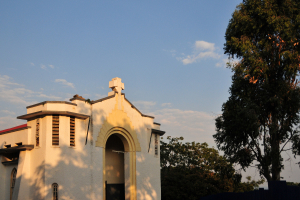Wikipedia Ends Data-Free Access For Developing Countries
Wikipedia Zero is discontinuing its services that enabled mobile users in developing countries to have data-free access the largest free online encyclopedia.
Wikipedia Zero is a program launched by the Wikimedia Foundation in 2012 that provides Wikipedia free of charge on mobile phones. The program won the 2013 South by Southwest Interactive award for activism which stood for projects that were "green, governmental and non-profit... striving to make the world a better place." Wikipedia Zero was awarded this because it had the objective to promote accessible free knowledge, especially in developing countries.
The program has already collaborated with 97 mobile carriers in 72 different countries which resulted in data-free access to Wikipedia for more than 800 million people.
However, according to Wikimedia Foundation, the program has been losing the interest of its users since two years ago as mobile data became more and more prevalent. The Foundation also pointed out that countries outside North America and Europe had a low awareness rate about the website. As a result, the Wikimedia Foundation decided to stop any additional partnerships for this year.
"To create all the world's knowledge, we need participation from the world. However, we know that there are many barriers to making this vision a reality, data affordability being just one. We look forward to continuing to explore, evaluate, and measure the impact of our partnership opportunities and more as we build for the future of Wikimedia," read the statement, which was posted by the Wikimedia Foundation on their blog on Feb. 16.
Wikipedia Zero and Facebook Zero are the only data-free websites in some places, according to Inverse. Like Wikipedia Zero, Facebook Zero provides its services without data charges, but it limits what users see to a text-only version of the website. Facebook Zero was officially launched in 2010 on May 18 and had partnered with 50 mobile operators around the world.




























